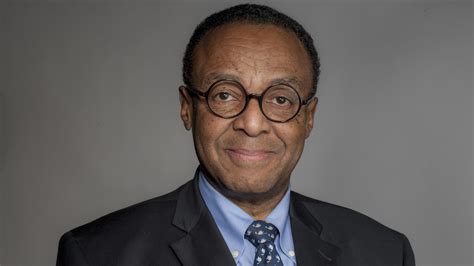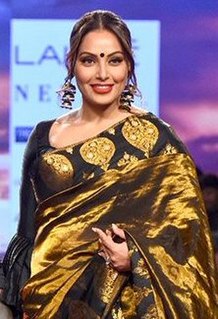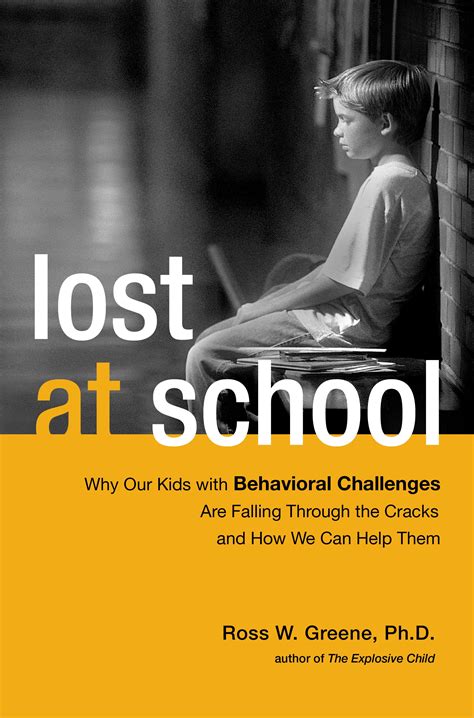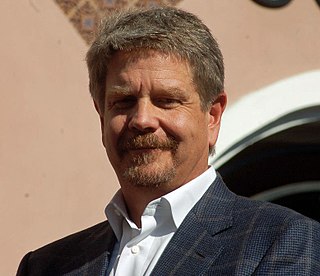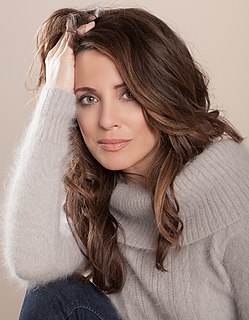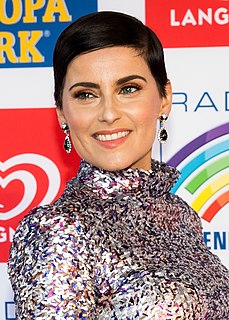A Quote by Clarence Page
I remember being told by my parents when I was 4 that I couldn't go to an amusement park advertised on TV because colored kids weren't allowed there. That was a bit of a shock and really stayed with me over the years. That was how I first learned about racial segregation. Fortunately, I took it as a challenge, early on, and it motivated me. You never know how a child might respond to discrimination. It goes both ways. Some kids become embittered.
Quote Topics
About
Allowed
Amusement
Because
Become
Being
Bit
Both
Both Ways
Challenge
Child
Colored
Discrimination
Early
First
Fortunately
Go
Goes
How
Kids
Know
Know How
Learned
Me
Might
Motivated
Never
Over
Parents
Park
Racial Segregation
Really
Remember
Respond
Segregation
Shock
Some
Stayed
Took
TV
Ways
Years
Related Quotes
The one thing about kids is that you never really know exactly what they're thinking or how they're seeing. After writing about kids, which is a little bit like putting the experience under a magnifying glass, you realize you have no idea how you thought as a kid. I've come to the conclusion that most of the things that we remember about our childhood are lies. We all have memories that stand out from when we were kids, but they're really just snapshots. You can't remember how you reacted because your whole head is different when you stand aside.
To me, the most shocking thing about grit is how little we know, how little science knows, about building it. Every day, parents and teachers ask me, 'How do I build grit in kids? What do I do to teach kids a solid work ethic? How do I keep them motivated for the long run?' The honest answer is, I don't know.
I think the single most important question is how do you maximize the number of children who grow up in stable two-parent households. We know in all kinds of ways it makes a huge difference to how kids come out and we are hardening into a caste society where some kids do better in all kinds of ways because they have two parents and others don't.
A lot of parents aren't exactly sure how to go about solving a problem with a kid in a way that's mutually satisfactory - doing that with their child feels very foreign to a lot of people. It probably explains why so many parents tell me their kids don't listen to them and why so many kids tell me that they don't feel heard.
Basically when it comes to autistic kids and animals there's kind of three ways that they work, some of them are instant best buddies, they understand a cat, they understand a dog - they're best studies with it, they just know how to communicate with it. Then there's other kids that begin with a little bit of fear of the cat or the dog, but then they begin to like it and then there are other kids where you have a sensory problem - the cat meows and it hurts their ears, so they want to stay away from the cat because you never know when he might meow.
Both of our children are adopted, and my wife and I didn't go out of ways to find kids that looked like us. We were just happy to have some kids. And people tell me all the time that they look like us, and that's because they learn to smile and laugh and move their head a certain way from studying their parents' faces.
